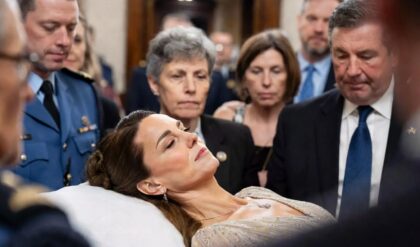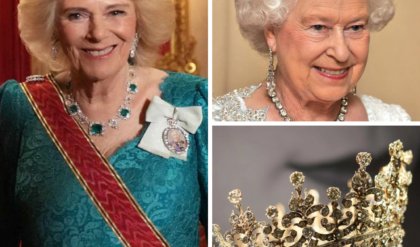Actors are obligated to say that whatever movie they’re promoting is the best one they’ve ever been involved with, but rarely does that stay true for the remainder of their careers. In an unusual twist of fate, Woody Harrelson ended up having a very thorny relationship with the director of the movie he called the finest entry in his filmography.
What can’t be argued is that the star has pulled his weight in plenty of critical darlings, cult favourites, box office bonanzas, and modern greats, which illustrate his longevity and versatility. Harrelson isn’t the type of performer who’ll ever play the same kind of role more than once, and that willingness to stretch himself has kept him constantly in demand for four decades and counting.
Whether he’s a lightning rod of controversy in Oliver Stone’s Natural Born Killers, opening himself up to attack from all sides for his Academy Award-nominated performance as Larry Flynt, plumbing the emotional depths in Three Billboards Outside Ebbing, Missouri, battling a simian uprising in War for the Planet of the Apes, or lending stellar support in the Coen brothers’ No Country for Old Men, Harrelson is always value for money.
He notched his second Oscar nod and first in 13 years for the film he placed at the top of his personal pile, but that doesn’t really tell the whole story. There’s no doubt that he deserved his flowers after delivering a knockout turn in Oren Moverman’s war drama The Messenger, but his celebration of the picture was balanced precariously against some serious professional dissatisfaction to come.
“I think it’s the best movie I’ve been a part of,” he matter-of-factly informed NPR. “I think it’s truly great and Oren Moverman is like a young Hal Ashby, and he just truly, you know, one of the most visionary directors I’ve ever worked with. And Ben Foster, I think, delivers just a searing, beautiful, eloquent performance. And it’s great to be a part of it.”
Moverman clearly knew how to bring the best out of Harrelson, and the actor couldn’t speak highly enough of the director, so it was no surprise when they reunited soon after for Rampart. However, after starring in Moverman’s first two features, they haven’t worked together since, and it’s easy to assume that those bridges may have been burned in the latter’s editing room.
Harrelson admitted that the version of Rampart that hit the screen left him “depressed beyond words” based on his experience on set, and he’s yet to reunite and rekindle what looked to be such a promising creative partnership with Moverman. On the plus side, he’ll always have The Messenger to look back on, which the veteran gladly called the best movie of his career, which isn’t an easy accolade to attain based entirely on the competition.





